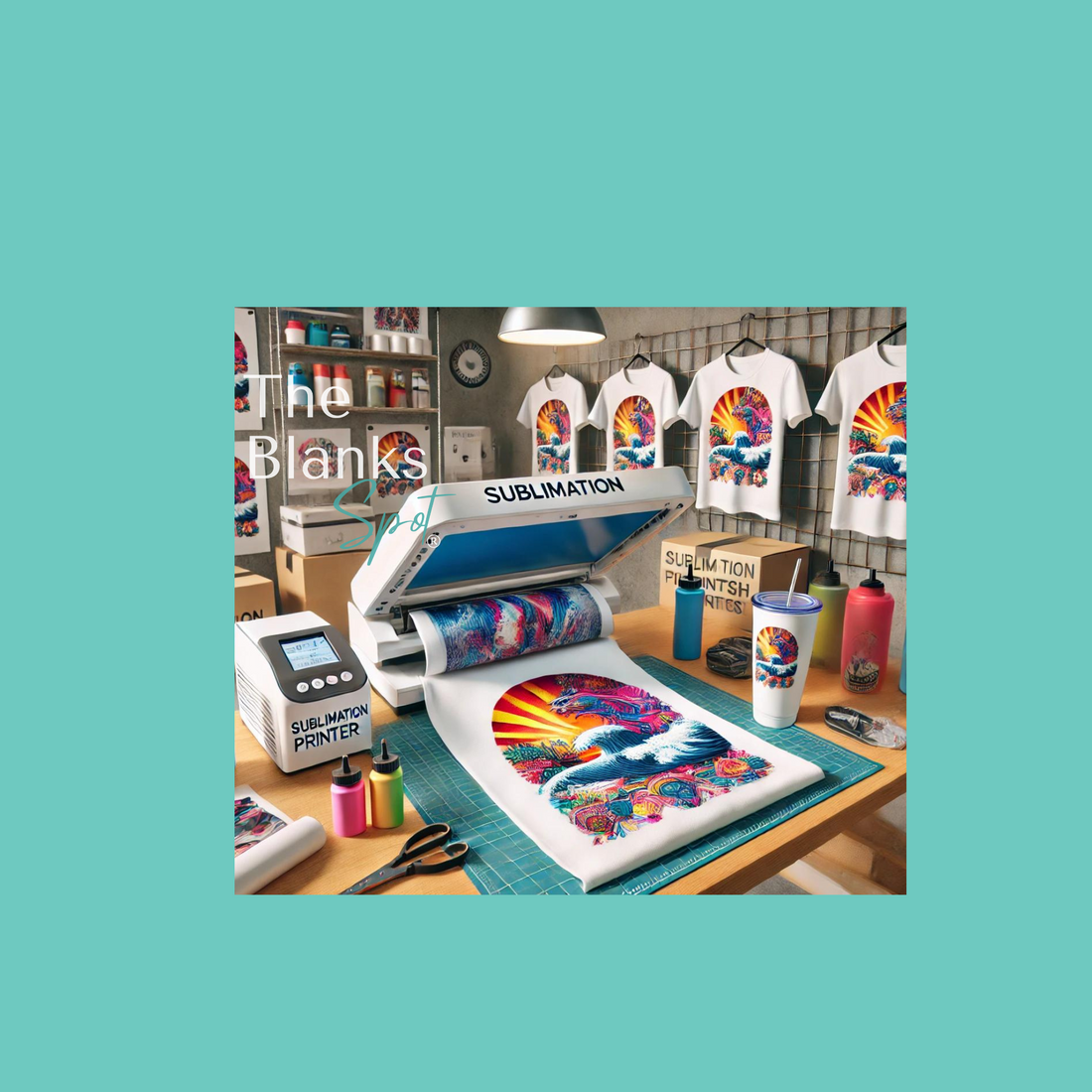Sublimation printing is a popular digital printing method that transfers designs onto materials using heat-sensitive inks. Here's a brief introduction:
- Process Overview: Sublimation printing involves printing a design onto a special sublimation paper using sublimation inks. This design is then transferred onto a material (like fabric, ceramic, metal, etc.) using a heat press. The heat converts the ink into a gas, allowing it to bond with the material's fibers.
- Materials and Equipment: The key materials include sublimation ink, sublimation paper, and a substrate that can accept the ink (polyester fabrics, polymer-coated items). Equipment includes a sublimation printer and a heat press.
-
Benefits:
- Durability: The ink becomes part of the substrate, leading to long-lasting and fade-resistant prints.
- Quality: Produces vibrant, high-resolution images.
- Versatility: Can be used on a wide range of products.
-
Limitations:
- Substrate Requirements: Works best on polyester or polymer-coated items. Not suitable for 100% cotton.
- Color Limitations: Printing on dark or black substrates is challenging; works best on white or light-colored backgrounds.
- Applications: Commonly used for custom apparel, signage, banners, mugs, phone cases, and more.
Sublimation printing is favored for its ability to create vibrant, full-color, and durable designs, especially suited for customized and small-batch production.
Additional Resorces:
SUBLIMATION FOR NEWBIES: bit.ly/subnewbies
THE ULTIMATE SUBLIMATION STARTER KIT: bit.ly/ultimatesubbundle

